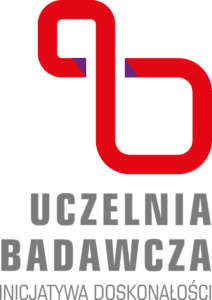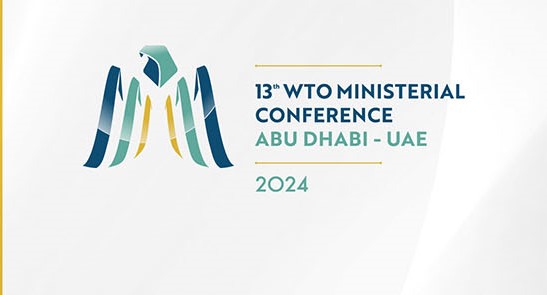On the WTO’s X account, we can read that “WTOMC13AbuDhabi concludes with outcomes on development, e‑commerce work programme, and moratorium, and dispute settlement reform. Members have reaffirmed their commitment to continue working on outstanding issues.” But is it a success? Especially concerning digital issues, it is doubtful.
Dr hab. Magdalena Słok-Wódkowska, Prof. UW, legal analyst DELab UW
The Thirteenth WTO Ministerial Conference, which took place in Abu Dhabi this year, ended on the 2nd of March, two days later than previously scheduled. The Ministerial Conference is the most important organ of the WTO, making decisions regarding the future of the organization. As is customary in such cases, on their website, we can read that it was a success, and everything is moving in a better direction for the WTO, which has been in crisis for a few years now.
One of the decisions made during MC13 concerned electronic commerce (WT/MIN(24)/38 WT/L/1193, all the documents here). It primarily focuses on the Work Programme on Electronic Commerce, which was adopted by the General Council back in 1998. What is striking in the wording of the decision, taken during times of unprecedented development of the digital economy and, therefore, electronic commerce, is its vagueness. WTO members agreed that it is crucial to discuss the matter further. They highlighted the importance of considering development and the digital divide in their future deliberations.
The question remains, during times of a huge proliferation of regional trade agreements dealing with the digital economy and rarely taking into account the needs of states (as opposed to corporations), let alone developing states, whether such a vague statement is anything more than yet another proof of the weakness of the WTO as a forum for negotiations capable of bringing about change in the global economy.
What seems particularly worrisome is the wording related to the moratorium on customs duties on electronic transmissions. Members of the WTO agreed to engage in further discussions and gather empirical evidence of the potentially detrimental influence that the moratorium has on development. Moreover, for the first time, the moratorium was not prolonged until the next meeting. The exact wording states that it was prolonged „until the 14th Session of the Ministerial Conference or 31 March 2026, whichever is earlier.” If the MC14 in Cameroon is delayed for whatever reason, those who do not have the moratorium written in their RTAs will be able to levy duties on electronic transitions.
Many states already have permanent moratoriums on duties on electronic transmission in their Regional Trade Agreements, as it is the most common provision related to the digital economy used by the European Union and the United States. These states will not be able to levy taxes on data transfers. But major proponents of tariffs on electronic transmission, like India and the rest of the Global South are likely to add additional taxes for electronic transmission in the hope of diminishing the global digital divide. Although the outcome remains unclear and highly debatable (more here).
Such an outcome may be a huge setback for the development of the digital economy depends on a stable regulatory framework for data flow and huge differences between those who would like to charge data flows and those who would not and pose a lot of questions about its impact on deepening the digital divide.



